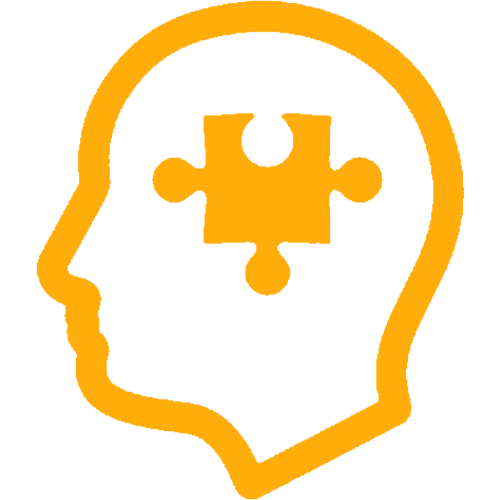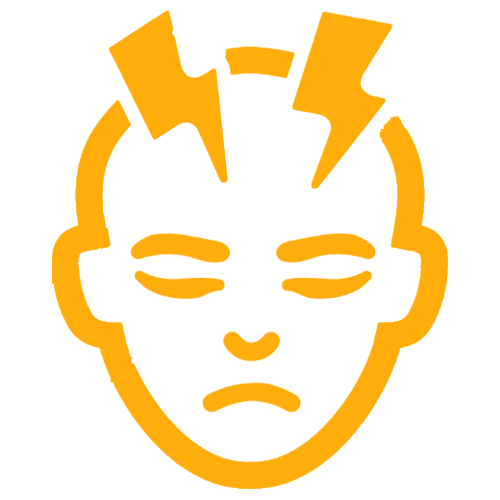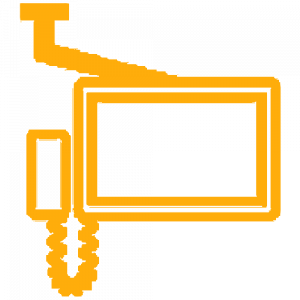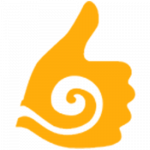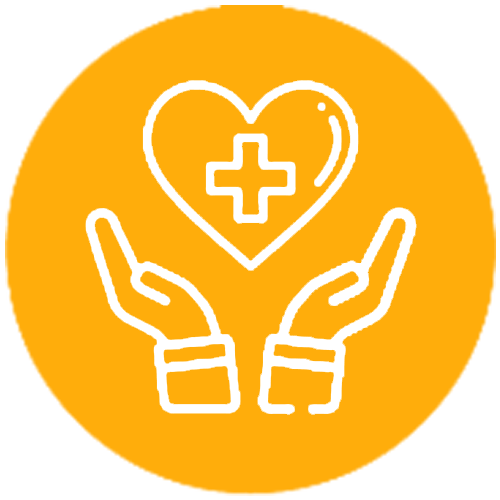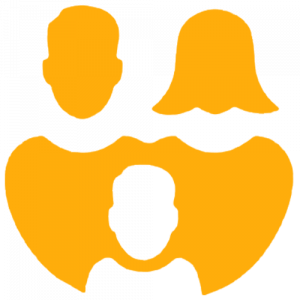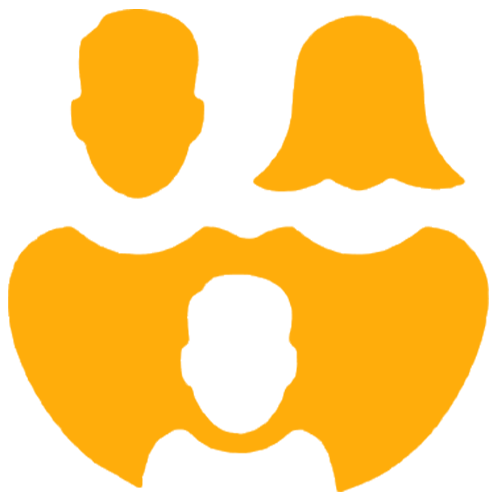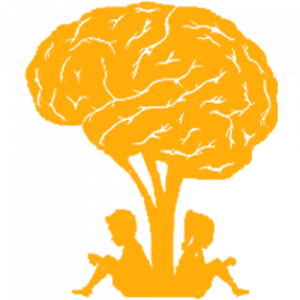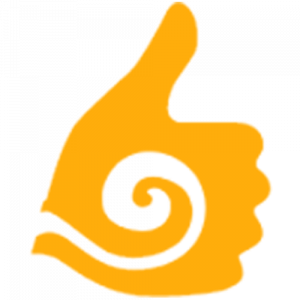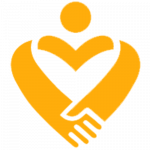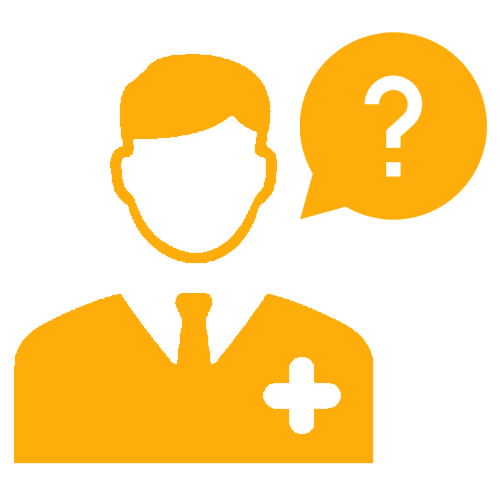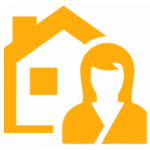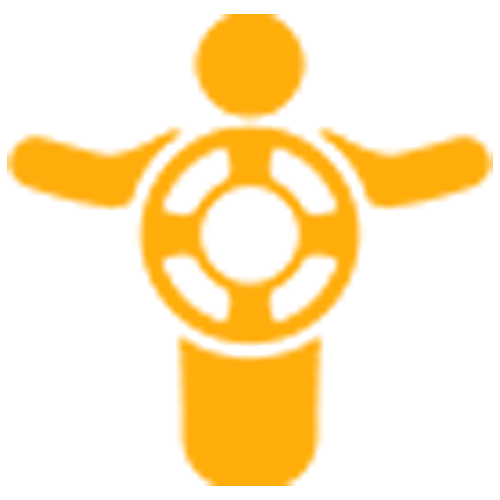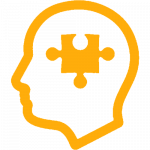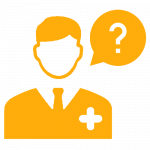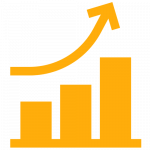Social Media Addiction
Social media is composed of society or persons interacting with each other, and it is a social instrument of communication. It is two-way communications when compared to traditional media such as Television, radio, newspapers and magazines that are one way.
People prefer interaction, voice out their opinions, post comments, get their queries answered, give feedback and ratings, and social media satisfies all these. An individual without a social media account is seen in society as obsolete.

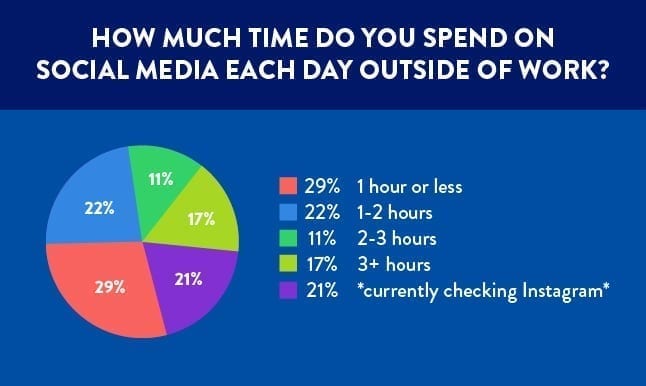
A Digital 2019 report reveals that internet users are growing by an average of more than one million new users every day. There are 3.48 billion social media users, roughly 40% of the population. On average, the world’s internet users spend 6 hours and 42 minutes online each day, and it’s alarming to hear that 40% of adults admit using social media even while in the bathroom. Facebook dominates the social networking industry in today’s world, followed by YouTube, Facebook Messenger, WhatsApp, Instagram, Twitter, etc.
Social media use stimulates the brain’s reward pathway, which is believed to be the basis of addiction. Addicted individuals experience negative psychological and physiological symptoms (withdrawal), and leading to a relapse. Problematic social media users often have intrapsychic conflicts (a subjective loss of control) and interpersonal conflicts (problems with the immediate social environment, occupation, or academics being compromised).
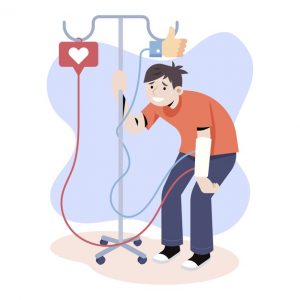
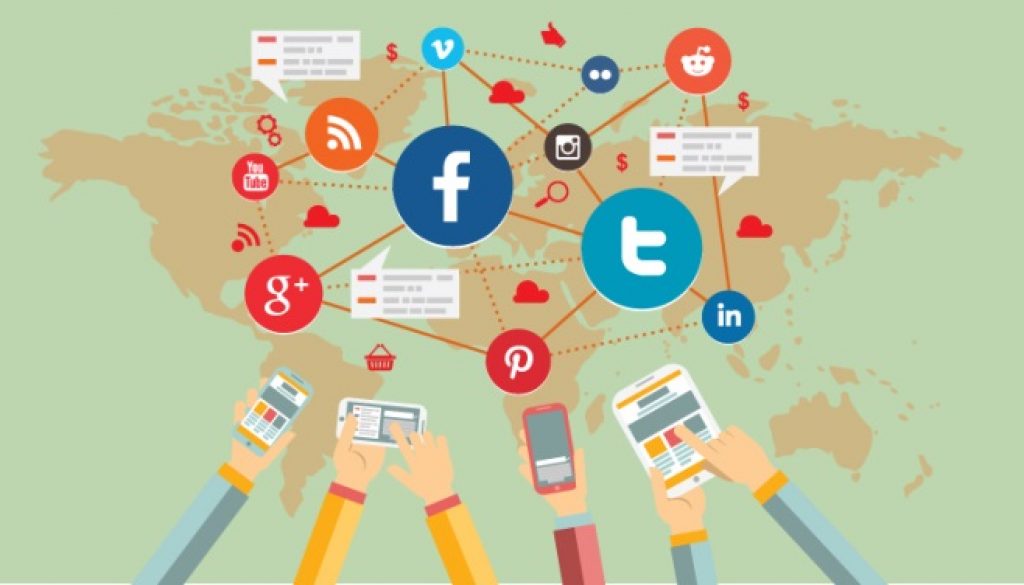
Advantages of social media in our society today
-Social media platforms, such as Instagram, Twitter, Facebook, and YouTube, help activate citizens’ political life engagement.
-Information and NEWS dissemination
-Business promotion, advertisements, locating new customers and promote goods and services
-A source of entertainment
-Comic relief from stress or disappointment
-Locating lost friends and connecting friends worldwide.
-A career building and relevant connections that can enhance one’s life
-Locating Missing People or Animals.
-Identifying criminals who harass other people or animals easily.
Signs of social media addiction
-Checking the phones for update or notifications every 10 or 15 minutes
-Inability to control social media usage despite complaints from friends and family
-Unable to concentrate on a routine task, or simple instructions, ignoring families and children
-Checking phones and responding to chats while delaying a routine work
-Feeling loneliness, headache, Insomnia, or waking up late
-Unchecked diet and obesity
-Using social media, while driving, or in the washroom
-Sharing every act, events, and achievements depriving one’s own privacy
-Doing things only to share like a cooking dish on a goal to share on Facebook than its nutritional content
-Being unhappy when others are not responding to the uploads, comparing oneself to previous uploads. Feeling envious of others uploads.

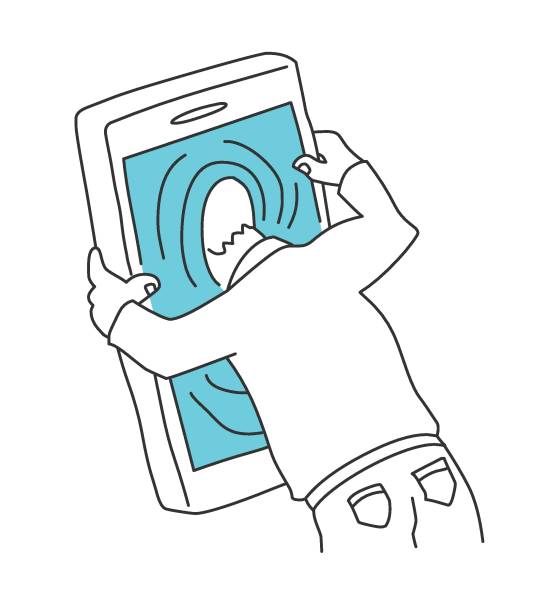

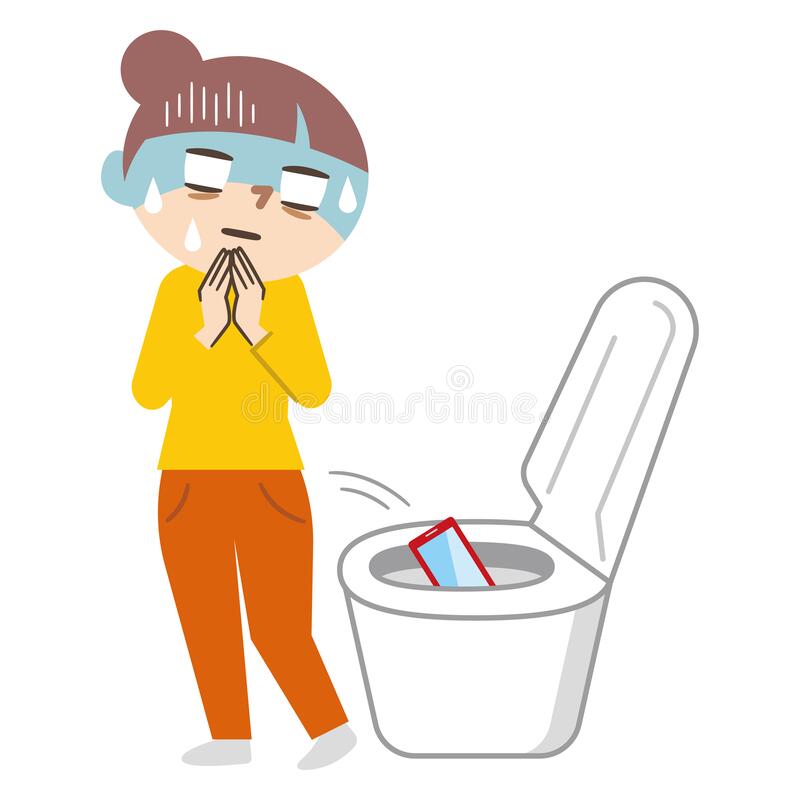
Consequences:
These are in direct proportion to the duration social media use
-Depression, anxiety, Insomnia in children and adolescents
-Signs of restlessness similar to ADHD
-Low self-esteem
-Substance use disorder
-Social phobia: When exposed to public places or meeting people in a group, the person experiences anxiety symptoms such as sweating, blushing, trembling, palpitations, nausea, dry throat and loss of words.
-Discrimination: more prevalent online because people have more courage to write something bold than to say it in person.
People respond or comment based on their group or classes or categories they perceive to belong to.
-Cyberbullying: it is harassment through social media platforms, common as media use is widespread among youngsters.
Posting rumours, sexual remarks, hate speech or threatening to upload or morph photographs downloaded from their ID.
The victim experience fear, anxiety, low self-esteem, depression, hopelessness and suicidal ideations.
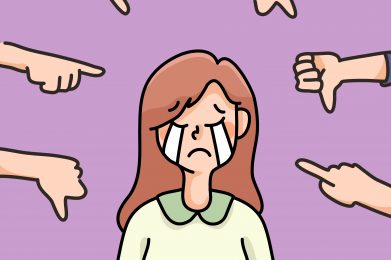
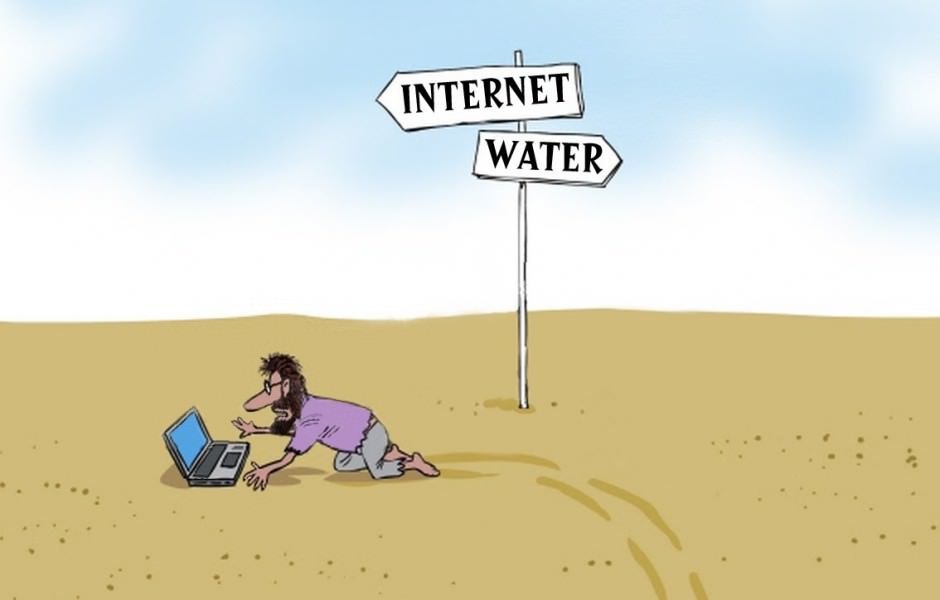
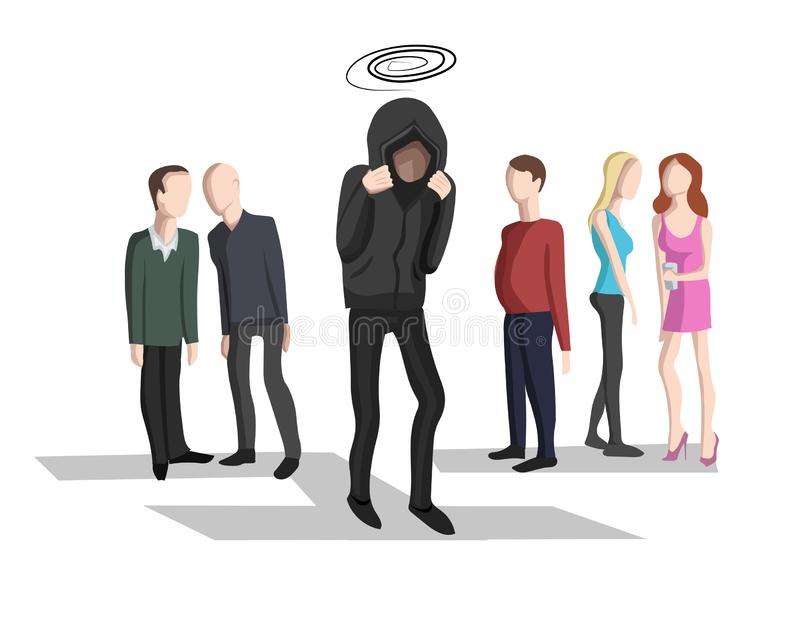
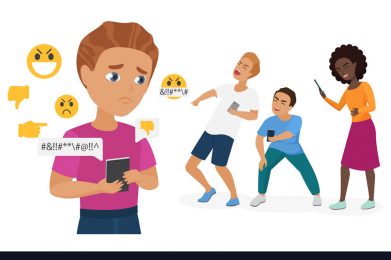
Measures to overcome
Acknowledge your addiction: Accept that you use in excess, look for signs of withdrawal
Review your past posts: Look out for your past posts and review, consider was that all necessary to post
Set your priorities: Set alternatives to media, like learning a new language, music, cooking or reading a book
Limit Yourself: Set a timer on your watch or phone to limit the amount of time you spend on social media. Choose a limit depending on the severity of your addiction – say an hour a day, which equates to seven hours per week.
Spend More Time with Your Loved Ones: spend with people in the real world, set a plan to meet friends in person, get out of your house, set out for a movie, dinner, or shopping.
Avoid posting about your every move: Enjoy the moments that you’re living. It is common to find people to capture any programme and hurry to share it with friends or relatives. During the process, they miss the live-action. Their daughter’s dance programme, a temple chariot, a marriage event is viewed by them only on their mobile even though they were present.
Limit: Turn Off Your Notifications, Limit your memberships of Groups, deactivate that are not in use, have a holiday from social media.
Seek help from a therapist trained when you feel out of control.


